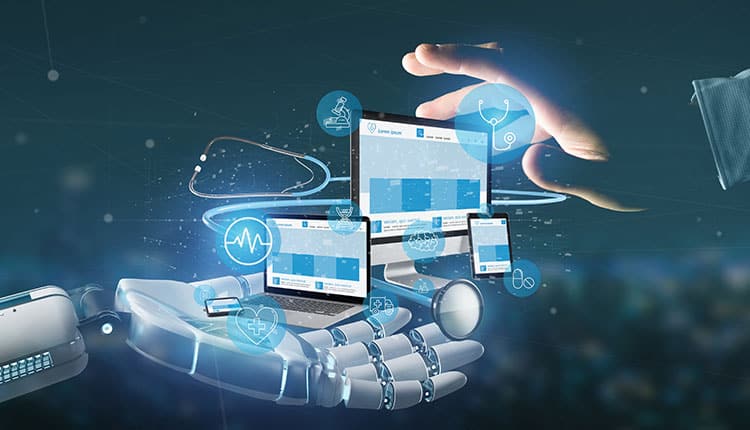By Shruti Gaddam, Director, OdinSchool
Emerging technologies including AI (Artificial Intelligence), ML (Machine Learning), and Big Data have been influencing the global job market for quite some time now. AI-powered applications are in frequent use for job search, candidate selection, and more complex tasks such as fraud detection, countering identity theft, and many others.

The advent of advanced generative AI tools like ChatGPT, a product of OpenAI, has the potential to transform the job market altogether. The important aspect here is to understand what kind of impact such technologies will cause.
While ChatGPT-like generative AI tools have opened up multiple potential opportunities, fears of job losses have also started lurking. According to a recent Harris Poll of over 4,000 US adults, 74 percent of employed Americans familiar with ChatGPT have utilised the technology for work-related tasks. Interestingly, 60 percent believe that generative AI will make them more productive at work, while 40 percent of them are concerned that the AI chatbot would completely replace their jobs. In the Indian context, although there is no credible survey to gauge its exact impact, OpenAI’s CEO, Sam Altman, in a joint Indo-US forum said, “ChatGPT is going to eliminate a lot of current jobs, that’s true. However, we can make much better ones.”
New jobs galore – an Indian context:
India is known for its engineering talent, with the industry as a whole employing more than five million people directly. According to the ‘Network Readiness Index’ 2022, the country secured the first rank in AI talent concentration. Against this backdrop, ChatGPT- like tools are likely to create more AI jobs in India. So, the overall software development process is likely to change radically. For instance, ChatGPT can produce code snippets based on input from the user end. Code reworking through better coding practices will be feasible. Code testimonials – the written material that explains how classes, modules, functions, and variables work – will be easily created. A well-documented code is also easier to maintain, debug, and reuse.
Similarly, ChatGPT can prove to be a game changer in the data analytics space. It is proving to be an efficiency enhancer by performing tasks that require the analysis of alpha-numeric data and code. It enables enterprises not only to create but also in finding and uploading datasets. It can generate text data based on a given prompt, which can be useful in various applications including text completion, language translation, and chatbot response generation.
ChatGPT can be leveraged to analyse text data and provide insights based on evolving patterns. Trend analysis, customer feedback analysis, and social media analysis along with the generation of natural language descriptions of data visualisations can be done. Globally, data scientists are in short supply and India is no exception. Hearteningly, many new-age edtech platforms are working on bridging this critical pain point through upskilling the Indian workforce. Furthermore, generative AI tools have now entered the realm of human creativity.
ChatGPT can generate ideas, write articles and poetry, create social media posts, write quotes, and emails with subject lines, and intros, incorporate SEO keywords, and do the formatting, among others. So, while some content writing jobs are likely to be automated, more jobs will get created on content strategy, ideation, and editing fronts. Chatbots are already in use in various sectors including financial services, retail & CPG, e-commerce, and most consumer-facing businesses.
As a result, multiple customer service jobs will get automated, replacing many professionals. These people can be freed up and upskilled for employment in more critical jobs.
The recruitment industry is likely to see a revolutionary change with the advent of ChatGPT. This tool can facilitate several stages of the entire recruitment process including surveying the market for available talent, candidate search, screening, scheduling interviews, answering candidate questions, along with providing feedback. Upskilling is another domain where this AI tool will have a significant impact. According to the projection by the IT industry body, NASSCOM, around 1.5 million to 2 million engineers require upskilling.
The need for training and development is much more in other sectors as well. ChatGPT can speed up the learning process by providing curated information, feedback, and real-time support, minimising the time it takes for employees to upskill. As an outcome, India will remain a favorite destination for outsourcing work globally.
Critical hurdles:
Despite the known benefits of ChatGPT, many challenges have to be overcome to realise its potential fully. Lack of emotional intelligence and high development expenses are seen as key hurdles in this context. So, essentially, ChatGPT is likely to displace some workers from their present jobs, but it is expected to create enormous opportunities in the field of data analytics, data engineering, data sciences, software development, machine learning, and natural language processing. Therefore, upskilling of workers sits at the core of leveraging ChatGPT-like tools to the hilt.



